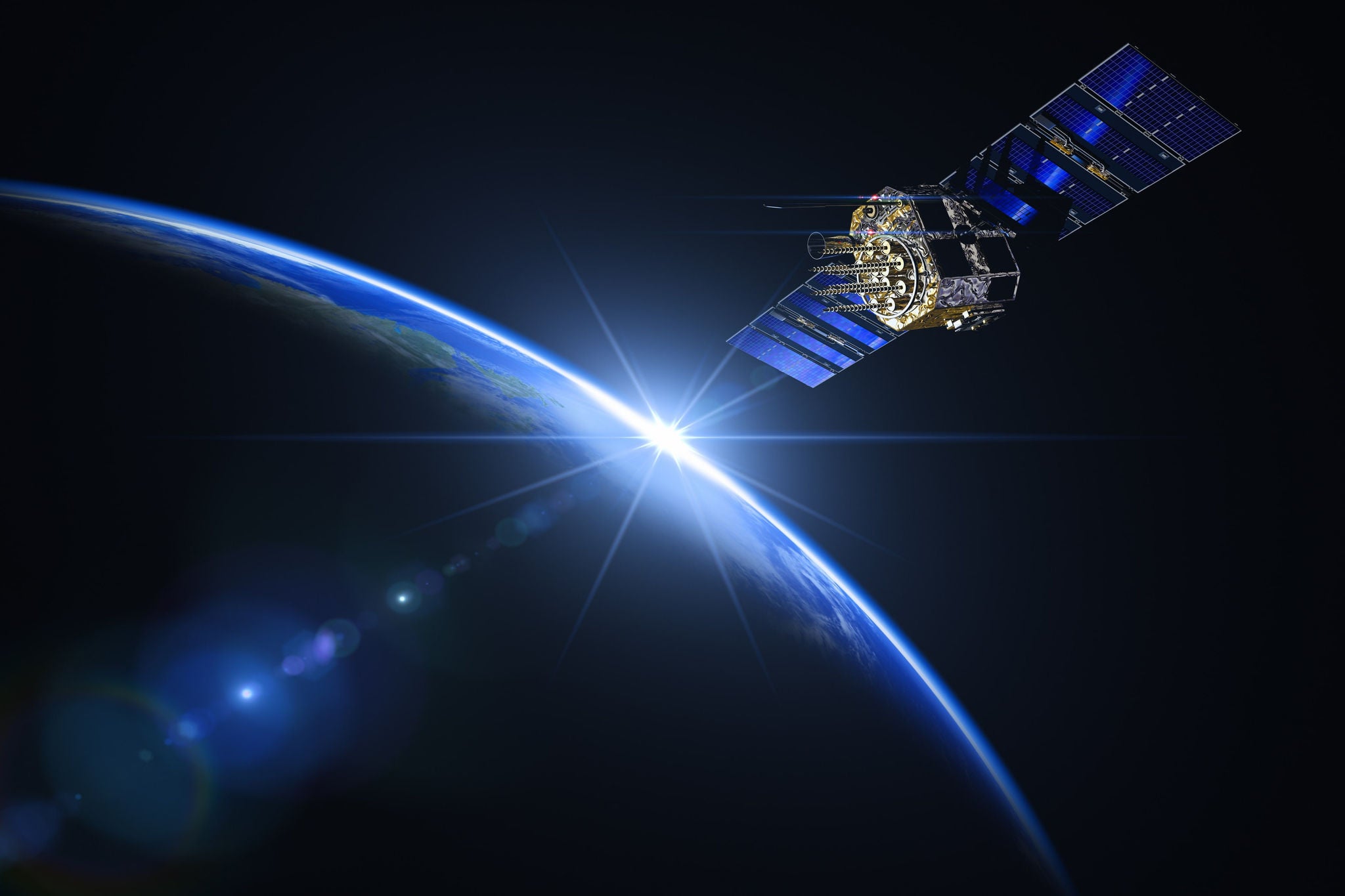EY refers to the global organization, and may refer to one or more, of the member firms of Ernst & Young Global Limited, each of which is a separate legal entity. Ernst & Young Global Limited, a UK company limited by guarantee, does not provide services to clients.

Previously:
In the space journey, various players compete to conquer a multibillion-dollar market, as the conquest of the cosmos becomes the new gold rush.
The state and para-governmental empire that currently controls geostationary or medium Earth orbit satellites is increasingly challenged by a fleet of private companies ready to invest in the space frontier with their clusters of small low Earth orbit satellites.
But as a major disruption is underway, the players in this post-modern wild west discover their black swan. A new threat in the form of tiny debris flying ten times faster than the fastest automatic weapon looms, like a ghost, awaiting impact with these new celestial bodies.
Somewhere in 2023:
The battle for sky supremacy is escalating. From several hundred satellites, thousands of devices are now orbiting the Earth. And this appears to be the initial phase of a continuing expansion. Upcoming constellations will cause a dramatic increase in the number of flying objects in our sky. In addition to the 2,000 satellites currently in operation, we will soon witness the launch of 900 from Oneweb, 3,000 from Amazon and even 12,000 devices from Starlink…And this is only the prelude! As the competition for satellite supremacy heats up, the race to conquer the skies has never been fiercer.
In total, nearly 100,000 devices will orbit us in the coming decades.
One out of every fifteen light sources seen by our eyes in the sky will actually be a satellite. And for each of these lights, dozens of pieces of debris will be lurking in the shadows, ready to strike.
Failing to reach the sun, we create our own shooting stars, extinguishing them while we try to light them.
Icarus Redemption
Icarus, as an archetype of antiquity, is often the symbol of the exorbitant follies of our pernicious technological advancements. He learned through tragic experience the dire consequences of succumbing to the frenzied indulgence of excess.
Nevertheless, the universality with which space debris threatens us all could actually prove to be advantageous, not only to space, but also to Earth.
The ecosystem is self-organizing, and at the center of it, Luxembourg stands out as a driver by investing heavily in collision prevention, identification, and mapping technologies for debris.
The Luxembourg Space Agency (LSA)'s most recent NewSpace Europe event echoed this trend featuring several innovative corporations in the field of orbit collision prevention and sustainable space management. The Canadian business Northstar for example – which recently set up its European operations in Luxembourg, or the German company Space Recycling, will both join the young European Space Resource Innovation Center (ESRIC) created by the LSA.
On a broader scope, the European Space Agency (ESA) has entrusted a mission to the Swiss company ClearSpace to incorporate the various initiatives within the framework of the ADRIOS1 program. Strong synergies can be expected between the various players.
Capital is being relocated towards structural solutions, and different players are cooperating to avoid burning their wings. If humankind can abstain from repeating the mistakes of the past and instead, establish a harmonious equilibrium on our planet, then Icarus will be saved.
[1] Active Debris Removal/In-Orbit Servicing
Summary
The battle for sky supremacy is escalating. From several hundred satellites, thousands of devices are now orbiting the Earth. And this appears to be the initial phase of a continuing expansion. Upcoming constellations will cause a dramatic increase in the number of flying objects in our sky. In addition to the 2,000 satellites currently in operation, we will soon witness the launch of 900 from Oneweb, 3,000 from Amazon and even 12,000 devices from Starlink…And this is only the prelude! As the competition for satellite supremacy heats up, the race to conquer the skies has never been fiercer.

